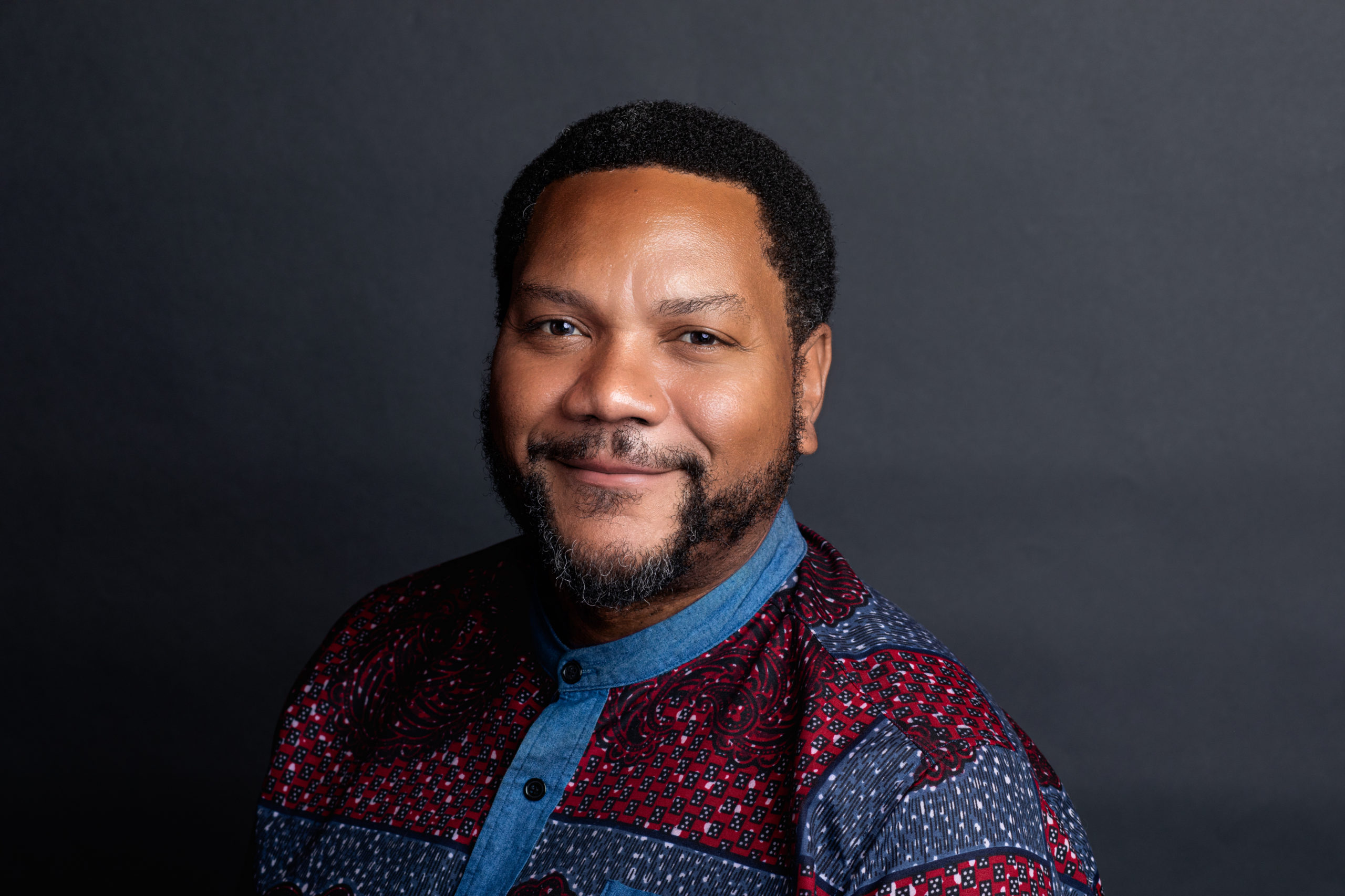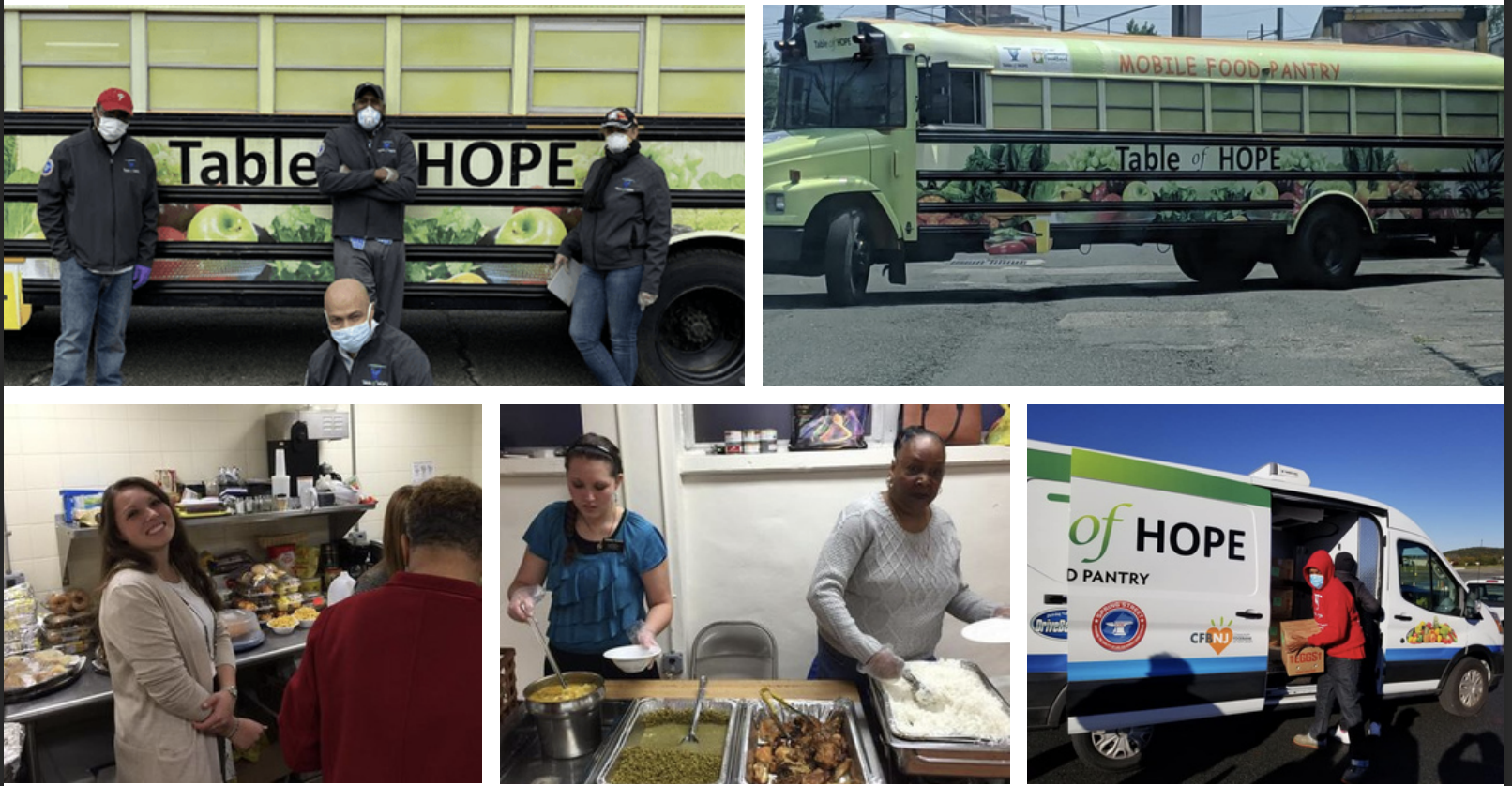Love That Chicken
By J. Jioni Palmer
I enjoy fried chicken just as much as the next man and I ain’t afraid to admit it. I am particularly fond of Popeye’s, not just for their chicken but also their side dishes. The red beans, dirty rice, and green beans are my favorites. I order from Popeye’s at least once a month. Sometimes I order chicken and sides for a meal. Sometimes I just order chicken to go with sides I’ve prepared at home. Sometimes I order sides alone to go with a home-cooked entrée. I frequent Popeye’s franchises all over Washington, DC, and the surrounding suburbs.
So, the recent frenzy over their new chicken sandwich has been something I’ve witnessed firsthand. I watched multi-racial and multi-ethnic throngs assemble at outlets in neighborhoods of vastly different socio-economic communities clamoring for the sandwich. I have not seen eruptions of violence but I have seen frustrations mount and emotions (not just anger but also giddiness and delight) flare.
Whenever someone launches into a lament about pathologies in the Black community that result in violence, I quickly note Black folks ain’t the only ones who “love that chicken” and are willing to fight for it. If it ain’t anti-social and deviant Black people causing pandemonium among the chicken sandwich lovers of America, then what is it?
The culprit is capitalism and consumerism, which both breed a scarcity mindset. In this country, the accumulation of wealth and all that comes with it (power, celebrity, sex, luxury, and leisure) is the central organizing principle. This country was birthed by a merchant class that used its wealth to declare independence to maintain the source of that wealth—enslaved Africans.
The principle of minimizing costs to maximize profits still fuel our nation’s economy. This scheme has the participation of everyone who thinks they are reaping rewards but the bulk of the benefits only accrue for a few. For under $30, I can order an extra-large two-topping pizza, a dozen lemon pepper wings, and a two-liter soda however it might be prepared by an underpaid, overworked immigrant who doesn’t have sick leave or a retirement plan. Yet, my family and I will eat well that night.
Economic disparities are growing sharply with no clear signs of subsiding. According to a Pew Research Centerreport, the incomes of the wealthiest families, those in the top five percent, have significantly outpaced moderate and lower-income households since 1981. During roughly the same period, CEO compensation has increased by about 1,007.5 percent compared to a meager 11.9 percent for the typical worker. We live in an economic system where the winners are taking it all.
These disparities create a scarcity mentality among those on the margins of our economy and society. While the absence or shortage of income and material conditions of those who aren’t economic winners is real, it doesn’t have to be. There is plenty of abundance. Laws can be changed or created that minimize or erase the disparities. The minimum wage can be indexed to inflation, tied to the poverty rate, or adjusted to the cost of living in particular jurisdictions. These are just some of the actions that can be taken at a systematic level to curb the growing income inequality in America.
Together, we can reject overconsumption and share more of our largesse with those less fortunate. By reframing our thinking and actions around mutual aid rather than individual benefit, we can change conditions within our communities. Historically, this has been the role of independent Black churches since the Free African Society was founded in 1787. Black religious institutions have always been closely associated with the struggle for survival, justice, and freedom for people of African descent in America—beginning with disrupting the economy of slavery.
America has always worshiped at the altar of consumerism, beginning with the trafficking of enslaved Africans. It has metastasized in other ways.
As a teenager, a popular pastime was to hang out at the mall. My friends and I went mostly because that’s where the girls were. Yet, we also wanted to spend the little money we had on “stuff.” We rarely went out with a particular item in mind. We just wanted to buy something. There is nothing wrong with wanting something new and different just because it’s new or different. I’m not advocating a life of austerity or free from luxury but too much comfort in the presence of so much discomfort is pornographic.
I wasn’t in a rush to try my first Popeye’s chicken sandwich. I’m not much for bread so if I’m going to have a piece of meat between a bun, give me a burger. So, when I stopped by Popeye’s one night, I had wings and red beans on my mind. I was surprised to learn this particular outlet was still selling the coveted commodity, especially because this was about a week after they now famously announced it was momentarily discontinued.
Naturally, I did what any other red-blooded American would do. I ordered my wings, red beans, and three sandwiches. One for me. One for my wife. One just because.
J. Jioni Palmer is the founder and publisher of “Thinking Good,” a digital media community that helps men be their better selves. A graduate of the University of California at Los Angeles, Palmer is a former journalist, Congressional staffer, and Obama administration appointee. He lives in Washington, DC with his wife, two sons, and their two cats.





